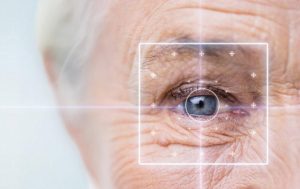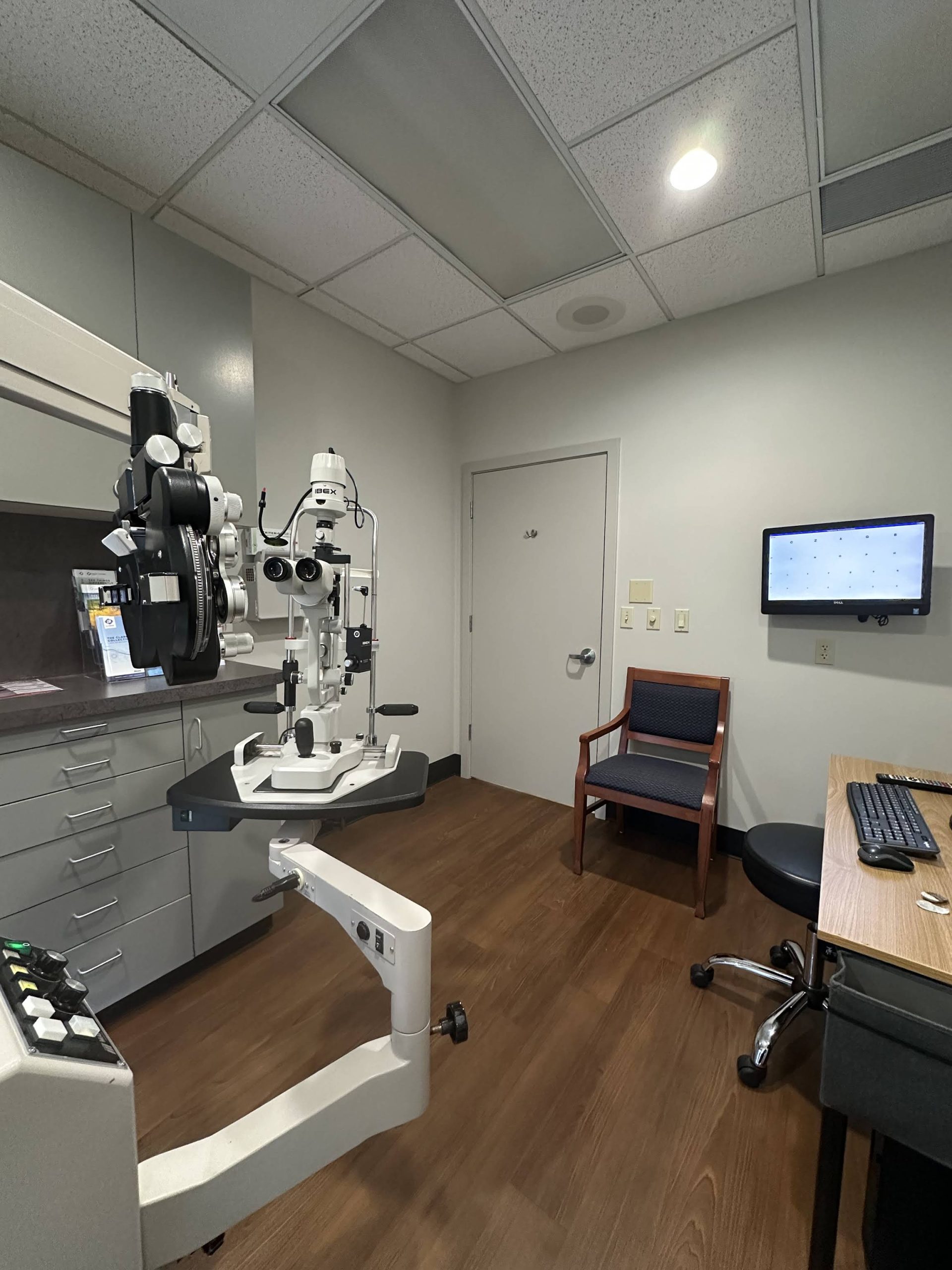 Macular degeneration is a leading cause of vision loss among older adults, and finding a qualified doctor to help manage this condition is crucial. In Bellevue, WA, a number of specialists focus on diagnosing and treating macular degeneration, offering patients a range of options to preserve their vision and improve their quality of life. This article explores the importance of seeking specialized care, the types of macular degeneration, and what to expect during a consultation.
Macular degeneration is a leading cause of vision loss among older adults, and finding a qualified doctor to help manage this condition is crucial. In Bellevue, WA, a number of specialists focus on diagnosing and treating macular degeneration, offering patients a range of options to preserve their vision and improve their quality of life. This article explores the importance of seeking specialized care, the types of macular degeneration, and what to expect during a consultation.
Understanding Macular Degeneration
Macular degeneration primarily affects the macula, the part of the retina responsible for sharp, central vision. As the condition progresses, it can lead to significant visual impairment, making everyday tasks challenging. There are two main types of macular degeneration: dry and wet, each with its own characteristics and treatment approaches.
Dry Macular Degeneration
Dry macular degeneration is the most common form, accounting for approximately 85-90% of cases. It occurs when the light-sensitive cells in the macula gradually break down, leading to a slow and progressive loss of vision. While there is currently no cure for dry macular degeneration, certain lifestyle changes and nutritional supplements may help slow its progression. Research has shown that a diet rich in leafy greens, fish, and nuts can provide essential nutrients such as omega-3 fatty acids and antioxidants, which are believed to support retinal health. Additionally, regular exercise and maintaining a healthy weight can contribute to overall eye health, potentially reducing the risk of developing more severe forms of the disease.
Wet Macular Degeneration
Wet macular degeneration is less common but more severe. It arises when abnormal blood vessels grow beneath the retina, leaking fluid and causing rapid vision loss. This form often requires more aggressive treatment, including injections of medications directly into the eye to inhibit the growth of these blood vessels. In some cases, laser therapy may also be employed to seal off leaking vessels and minimize damage to the retina. Patients experiencing wet macular degeneration often face a more urgent need for intervention, as timely treatment can significantly impact the preservation of vision. Furthermore, ongoing clinical trials are exploring new therapies, including gene therapy and stem cell treatments, which hold promise for future advancements in managing this challenging condition.
The Importance of Early Detection
Early detection of macular degeneration is vital for effective management. Regular eye exams can help identify the condition before significant vision loss occurs. Many patients may not notice symptoms until the disease has progressed, making routine check-ups essential, especially for those over 50. In fact, studies have shown that individuals who undergo regular eye examinations are more likely to catch the disease in its early stages, allowing for timely intervention and treatment options that can slow the progression of the condition.
Additionally, advancements in technology have made it easier for eye care professionals to detect macular degeneration at its earliest stages. Tools such as optical coherence tomography (OCT) provide high-resolution images of the retina, enabling doctors to spot subtle changes that may indicate the onset of the disease. This proactive approach not only aids in preserving vision but also empowers patients with the knowledge they need to make informed decisions about their eye health.
Symptoms to Watch For
Common symptoms of macular degeneration include blurred or distorted vision, difficulty seeing in low light, and the appearance of dark or empty spots in the central vision. If any of these symptoms are experienced, it is crucial to consult a specialist promptly. In some cases, patients may also notice a change in color perception or an increased difficulty in recognizing faces. These symptoms can be alarming, and understanding them is essential for early intervention. Keeping a journal of any vision changes can also be beneficial when discussing symptoms with an eye care provider.
Moreover, it’s important to note that macular degeneration can manifest differently in each individual. Some may experience a rapid progression of symptoms, while others may notice gradual changes over time. This variability underscores the importance of being vigilant and proactive about eye health, as early detection can lead to more effective management strategies tailored to the specific needs of the patient.
Who Should Get Screened?
Individuals over the age of 50, those with a family history of macular degeneration, and people with certain risk factors such as smoking or obesity should consider regular screenings. Early intervention can make a significant difference in preserving vision. Furthermore, individuals with certain chronic conditions, such as diabetes or hypertension, may also be at an increased risk for developing macular degeneration, making it even more crucial for them to have regular eye examinations.
Healthcare providers often recommend that patients discuss their personal and family medical histories during check-ups to assess their risk levels accurately. This conversation can lead to tailored screening schedules and preventive measures, such as lifestyle changes that promote eye health, including a balanced diet rich in antioxidants, regular exercise, and smoking cessation programs. By taking these proactive steps, individuals can significantly reduce their risk of developing macular degeneration and maintain their quality of life as they age.
Choosing the Right Macular Degeneration Doctor in Bellevue
When seeking a macular degeneration specialist in Bellevue, it is essential to consider several factors to ensure the best possible care. The right doctor will not only provide expert treatment but also support patients through their journey.
Qualifications and Experience
Look for a doctor who is board-certified in ophthalmology and has specific experience in treating macular degeneration. A specialist with a strong background in retinal diseases will be more equipped to offer advanced treatment options and personalized care plans.
Patient-Centered Approach
A good macular degeneration doctor should prioritize patient education and communication. They should take the time to explain the diagnosis, treatment options, and potential outcomes, ensuring that patients feel empowered to make informed decisions about their care.
Treatment Options Available
The treatment for macular degeneration varies depending on the type and severity of the condition. A qualified doctor will tailor a treatment plan to meet the individual needs of each patient.
Nutritional Supplements
For patients with dry macular degeneration, certain vitamins and minerals may help slow the progression of the disease. The Age-Related Eye Disease Study (AREDS) has shown that a specific combination of antioxidants can be beneficial. Discussing these options with a doctor can provide clarity on which supplements may be appropriate.
Injections and Laser Treatments
For those diagnosed with wet macular degeneration, treatments often involve anti-VEGF injections to reduce fluid leakage and prevent further vision loss. Additionally, laser therapy may be employed to target and destroy abnormal blood vessels. A specialist will evaluate the best approach based on individual circumstances.
What to Expect During Your Visit
Initial Consultation
Discussion of Results
After the examination, the doctor will discuss the findings with the patient, explaining the diagnosis and the implications for vision. This is an excellent opportunity for patients to ask questions and express any concerns they may have about their condition and treatment options.
Living with Macular Degeneration
Receiving a diagnosis of macular degeneration can be daunting, but with the right support and treatment, individuals can continue to lead fulfilling lives. Lifestyle modifications, such as a healthy diet rich in leafy greens and fish, regular exercise, and avoiding smoking, can play a significant role in managing the condition.
Support Systems
Joining support groups or connecting with others facing similar challenges can provide emotional support and practical advice. Many organizations offer resources for individuals with macular degeneration, helping them navigate the complexities of living with vision loss.
Regular Follow-Up Care
Ongoing communication with the healthcare provider is essential for monitoring the condition and adjusting treatment plans as necessary. Regular follow-up appointments allow for timely interventions, ensuring that patients receive the best care possible.
Conclusion
Finding a qualified macular degeneration doctor in Bellevue, WA, is a critical step in managing this condition. With early detection, personalized treatment plans, and ongoing support, individuals can take control of their eye health and maintain their quality of life. By prioritizing regular eye exams and staying informed about treatment options, patients can navigate the challenges of macular degeneration with confidence.
If you’re facing the challenges of macular degeneration and are seeking expert care in Bellevue, WA, look no further than Overlake EyeCare. Our commitment to your vision is evident in our personalized approach and advanced treatment options. Dr. Mary Coday and our team are dedicated to providing you with the highest level of service, utilizing the latest technologies like Lenstar for precise measurements and offering a range of intraocular lenses tailored to your needs. Don’t let macular degeneration dictate your quality of life. Contact Us Today to schedule your comprehensive eye examination or to discuss the best treatment options for your eyes.

